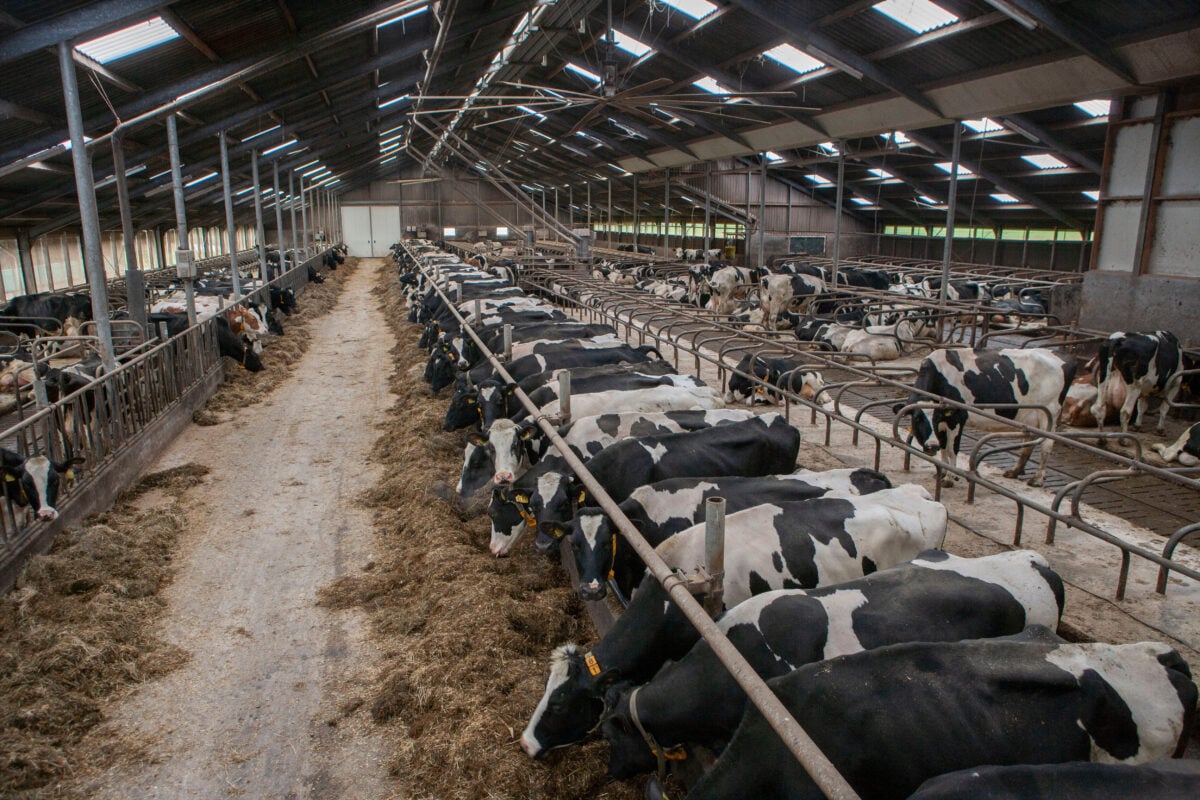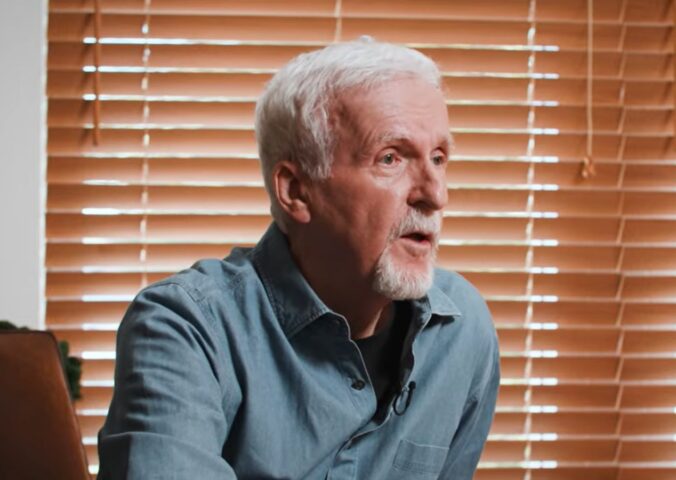A new survey reveals many leading climate scientists believe global temperatures will meet – and maybe exceed – 2.5C degrees above pre-industrial levels by 2100, leading to catastrophic global heating. The scientists cited the perpetual failure of governments to act appropriately in response to the worsening climate crisis.
Read more: Switzerland’s Inaction On Climate Crisis Breaches Human Rights, Says Landmark Court Case
The Guardian reached out to every contactable lead author or review editor of Intergovernmental Panel on Climate Change (IPCC) reports – which collate and assess all available scientific information about the climate crisis – since 2018, a total of 843 individuals, all world-leading experts in the physical or social sciences.
Out of the 380 people who responded, nearly 80 percent predict at least 2.5C of global warming by the end of this century, while around 50 percent believe the planet will likely surpass 3C. Just six percent of those surveyed thought the goal of 1.5C cited by the Paris Agreement would be met.
The Guardian reported that while there was little difference in response between scientists from different continents, there were differing perspectives between demographics.
For example, 52 percent of respondents under 50 expect at least 3C warming compared to 38 percent of over 50s. Meanwhile, 49 percent of women also predicted a 3C rise, while 38 percent of men predicted the same. Opinion amongst the public also reflects the same differences, with women and young people far more likely to worry about the climate crisis.
Data shows that the climate crisis is more likely to impact women and younger people. Its worsening effects are inextricably linked to gender inequality, while younger Millennials, Generation Z, and Generation Alpha will experience more extreme weather events than older generations.
Read more: World’s First Year-Long Breach of 1.5C Limit: What Does It Mean?
‘Lack of political will’ responsible for the climate crisis
Several of those surveyed mentioned the links between social inequality of all kinds and climate change. More specifically, many cited the failure of the wealthy to tackle their disproportionate impact – or to support the poorer people already experiencing its catastrophic effects – as key parts of the worsening crisis.
“If the world, unbelievably wealthy as it is, stands by and does little to address the plight of the poor, we will all lose eventually,” Dipak Dasgupta from the Energy and Resources Institute in New Delhi told the Guardian.
Almost all the experts agreed upon why the climate crisis will continue to worsen, and 75 percent cited a “lack of political will.” Governments are simply not doing enough to curb emissions and transition away from high-impact fuels, practices, and foods.
Approximately 60 percent also blamed the corporate interests of sectors like the fossil fuel industry, which continues to lobby against environmental legislation and in favor of new developments. These elements can all be seen at play in the UK, where the government has been scrutinized due to drastic U-turns on environmental pledges and repeated meetings with fossil fuel companies and their representatives.
In the last week alone, the High Court ruled – for the second time – that the government’s climate plan is so ineffective as to be unlawful. This coincided almost to the day with Prime Minister Rishi Sunak’s announcement of new oil and gas exploration in an area previously intended for an offshore wind farm.
Read more: Brazil Is Expanding Its Beef Exports – What Does This Mean For The Amazon?
‘Our actions might come too late’

However, even if all fossil fuels were eliminated, food production emissions alone would still likely push the world beyond 1.5C warming, and a study from last year specifically cited high-methane foods like meat, dairy, and rice as responsible for the majority of food-based emissions. (Beef, for example, requires 20 times more land and emits 20 times more greenhouse gases per gram of edible protein compared to plant proteins like beans.)
The world’s existing climate policies are in keeping with around 2.7C warming, and very few of the experts surveyed by the Guardian seem to believe a further reduction is likely. Just 25 percent of respondents thought global temperatures could be kept below 2C.
“I am convinced that we have all the solutions needed for a 1.5C path and that we will implement them in the coming 20 years,” said Henry Neufeldt, at the UN’s Copenhagen Climate Centre. “But I fear that our actions might come too late and we cross one or several tipping points.”
The 1.5C target was chosen to prevent the very worst of the climate crisis, but even reaching that will have long-lasting and catastrophic effects including storms, heatwaves, and droughts. Studies also show that even a fraction of a degree over will be significant.






